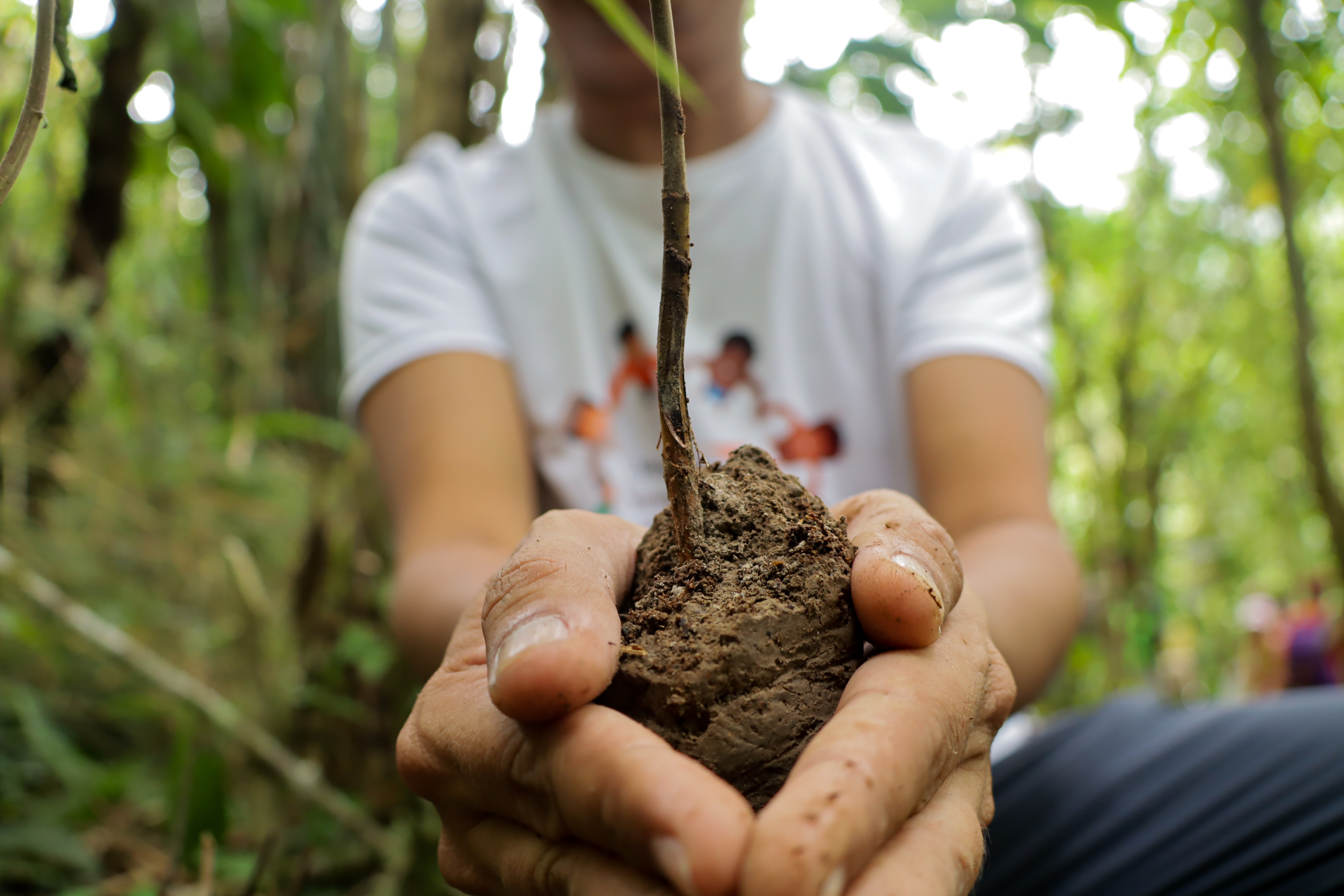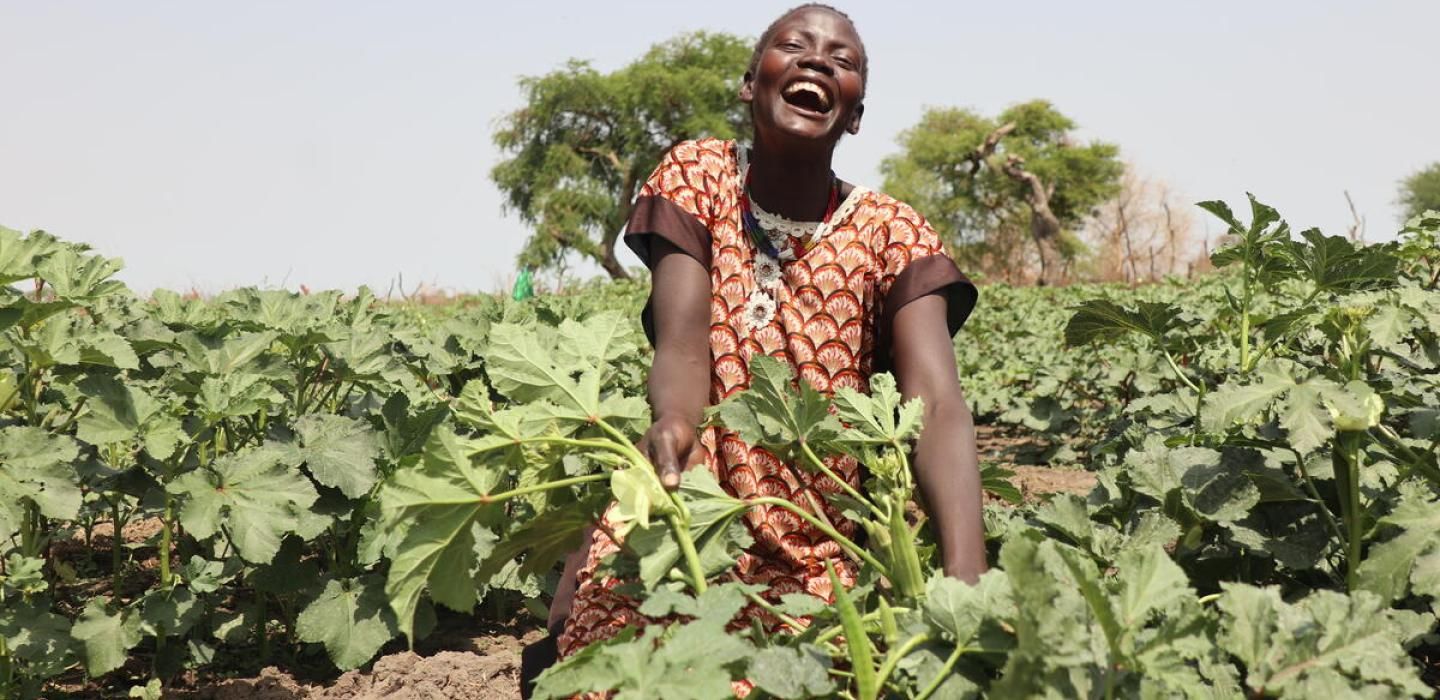Climate change is a threat multiplier
The World Bank reports 130 million additional people will be pushed into poverty because of climate change by 2030. Climate-related shocks and risks exacerbate inequalities between children in terms of health, education and long-term development outcomes. Threatened livelihoods and competition for scarce resources triggered by changing climate put millions of children at increased risk of violence.
Women and girls are particularly vulnerable to climate change due to pre-existing gender inequalities and social norms. 45 million people worldwide are currently at extreme risk of famine.
Almost 21 million children are one step away from famine and face starvation.
The causes of this crisis are the climate crisis, conflicts and COVID-19 aftershocks.
3.2 billion people are affected by land degradation.
Over 160 million children live in areas of high-level drought.
Additionally, 920 million children are highly exposed to water scarcity’ (UNICEF 2021). Climate change must be addressed or the consequences will be dire. Droughts will become more intense, land degradation and desertification will increase, and the hunger crisis will worsen.
Climate change is having severe humanitarian consequences as well. More frequent and severe natural hazards are amplifying already high levels of humanitarian need globally. By 2050, the World Bank estimates that an additional 143 million people across sub-Saharan Africa, South Asia and Latin America could be internally displaced as a result of slow-onset impacts of climate change including water stress, crop failure and sea-level rise.










